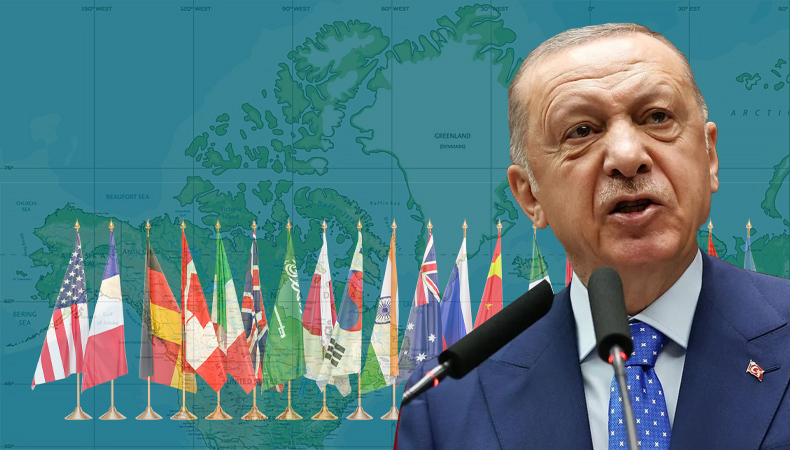What does Erdogan’s Reelection mean for Turkey’s Foreign Policy Goals?

The reelection of Turkey’s President Erdogan signals a watershed moment in the country’s foreign policy trajectory. Erdogan’s leadership is likely to bring about significant changes in Turkey’s foreign policy aims and strategic priorities, altering the country’s attitude in the global arena with a reinvigorated mandate.
Also Read – Turkey elections: Putin and Zelenskyy congratulates Erdogan on winning the election
Turkey, a prominent actor in the area, has always navigated a complicated geopolitical situation. Erdogan’s reelection cements his position as a major decision-maker and provides a chance for the nation to rebalance its foreign policy goals in response to changing regional dynamics and developing global problems.
Turkey’s regional participation is one of the main areas where changes are anticipated. Turkey may further up its attempts to exert its influence and pursue its interests in the Middle East, North Africa, and the Eastern Mediterranean if Erdogan is re-elected. Diplomatic maneuvers, increased relationships, and a more proactive approach to regional crises and disputes might all be part of this.
Turkey’s Relationship with the Rest of the World
Aside from regional factors, Turkey’s foreign policy under Erdogan is expected to experience changes in its interactions with major nations and international institutions. Turkey may aim to increase its worldwide influence, fortify its alliances, and play a more aggressive role on the international scene. Closer collaboration with regional allies, greater trade and commercial links, and active involvement in global forums might all result from this.
Erdogan’s reelection also provides a feeling of leadership continuity, enabling for the development and execution of long-term strategic plans. Turkey may use its stability to accomplish objectives such as counterterrorism, migration control, energy security, and economic development. Erdogan’s term, together with the electoral power of his party, offers a framework for continuous policy efforts and progress toward Turkey’s foreign policy aspirations.
Also Read – Turkey’s electoral board confirms first-round election results
However, as Turkey embarks on its new path, it will encounter a number of hurdles and possible problems. Balancing divergent regional interests, resolving current disputes, and controlling world views will need deft diplomacy and complex decision-making. The capacity of Turkey to adapt to shifting forces while respecting its basic beliefs and national interests will determine the success of its foreign policy development.




